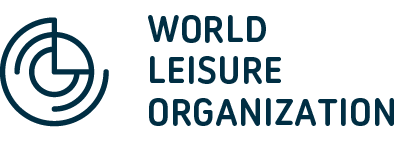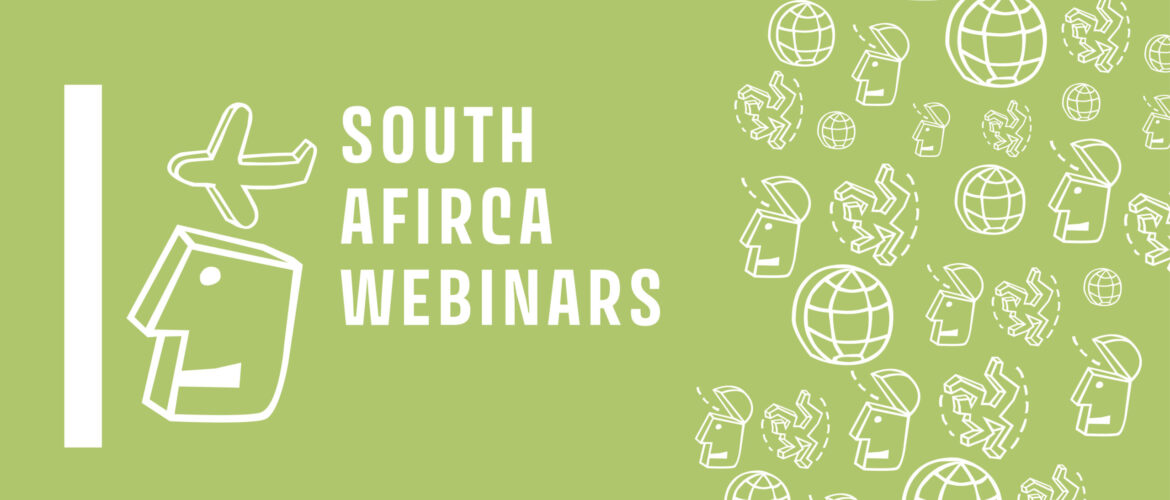By Dr. Marié Young, Department Sport, Recreation and Exercise Science, University of the Western Cape; member of the WLO Board of Directors
In collaboration with the WLO and the Western Cape Department of Cultural Affairs and Sport (WCDCAS), a South African webinar series was launched on the 8th. September, introducing the WLO programs and activities to the South African Government sector. It was followed with a second webinar on the 22nd. September with the launch of the updated WLO Charter for Leisure to a global platform. Both these webinars have resulted in identification of further topics of interest for a series of webinars hosted by the two parties as a collaborative effort.
Two webinars were hosted during the month of October. The first webinar, focusing on the conceptualization of leisure, recreation and sport, amid many global debates, provided a holistic view on these concepts. The panel counted with the participation of representatives of WLO Board members (Prof. Miklos Banhidi, Hungary), members of the Breda WLCE (Miss. Cecile Torres & Dr. Marco van Leeuwen), WCDCAS (Mr. Paul Hendricks) and the University of the Western Cape (Mr. Makhaya Malema). Twenty-two participants attended the webinar. It highlighted the importance and diversity of leisure with emphasis on how it could be used to develop and empower individuals and communities in addition to build bridges between different groups, especially where migration is taking place requiring integration. Emphasis was placed on cities to give access to and provide spaces for activities plus to consider that heritage sites should play a significant role in these developments. Even so, activities should not be restricted to spaces as leisure and recreation can take place anywhere. The effect of the COVID-19 pandemic on the industry was discussed and how new practices were to be considered. The use of leisure to ensure well-being was raised as an important matter during times of crisis.
The second webinar titled “National Sport and Recreation Plan: Western Cape Analysis and Review” provided a brief overview of the development and implementation of the South African National Sport and Recreation Plan. It was well attended by 26 participants across the Western Cape Government sector and sport federations. The presenter, Dr. Lyndon Bouah, Chief Director of Sport and Recreation for the WCDCAS, emphasised that the nucleus of the NSRP provides details of the three core pillars of implementation which are an active nation, a winning nation and an enabling environment (Section 2, NSRP, 2011) and that the plan is in its eight year of implementation and that the process is started to update the NSRP for the next 10 years. Nonetheless, the problem was that there was an insufficient understanding and limited research of the key factors that are necessary to ensure successful implementation as well as a limited understanding of the roles and responsibilities of the key role players in this process. This led to a study conducted by Dr. Bouah to identify the possible factors that would assist with implementation of the NSRP in the Western Cape. The study concluded that in order for implementation to be successful, it requires an understanding of all policy documents and strategic frameworks, all aspects of government must cooperate with one another, and that implementation needs partners that are willing to debate the content, place it in context, commit to the plan and policy, capacitate itself and communicate its ideas for implementation to stakeholders. The NSRP has also been viewed as an important part of the National Development plan 2015-2020 (NDP) to improve the social and physical well-being of South African citizens and as such the Western Cape Government has identified and implemented key activities to reach both the goals of the NSRP as well as the NDP. Discussions that resulted from the participation, however, highlighted the challenges sport federations faced to reach these goals in that facilities are constantly vandalised, that they are not regularly available for these sports to take place as they are used for other purposes, that there is a shortage in facilities for certain sports and that there is a huge need to educate communities on the value of these facilities to allow for participation and that communities should take ownership of these facilities to ensure they provide safe and quality spaces for participation. Discussions lead to motions for the WCDCAS to address.





Leave a Comment